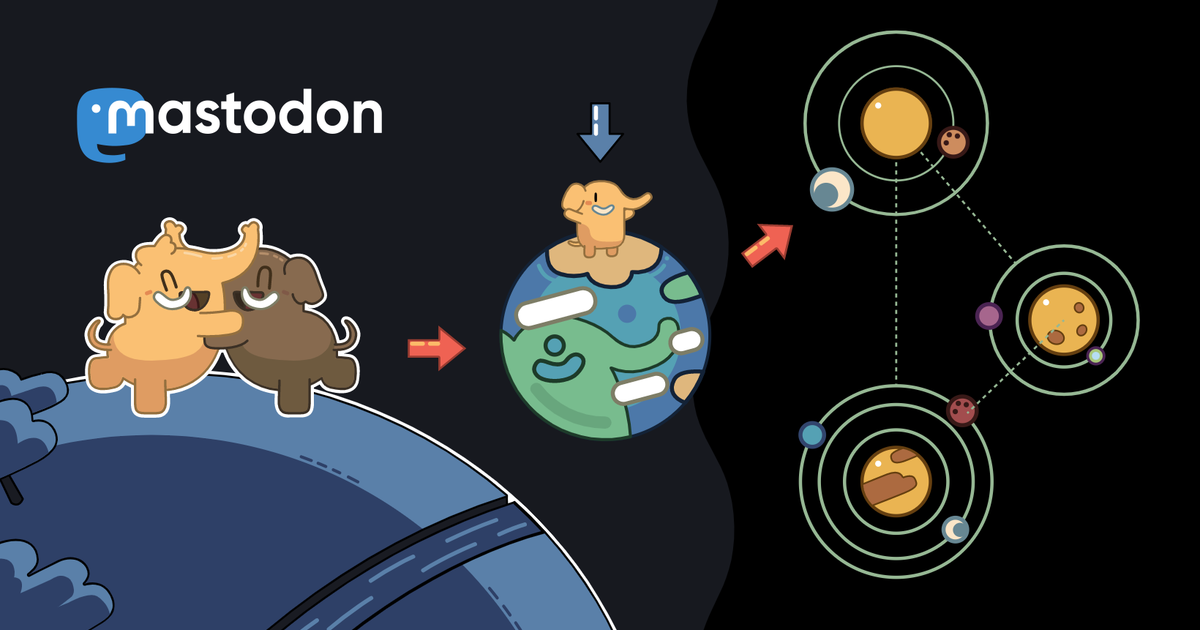(A Very wrong take) INAL, but I think this means if you upload to #Bandcamp and you claim a track's songwriter is not of an org like ASCAP, they can claim songwriting credits for any songs you upload that are played on air, for instance? And basically it's up to you to verify that the information is correct? So, putting covers or bootlegs on Bandcamp potentially gives them license to do crimes with you on the hook for it?
If that isn't the jist of it someone who is should explain it better <_<
I guess more to the point, a lot of originals uploaded by us nobodies who don't have an affiliation with an rights org -- if they ever did get airplay, presumably Bandcamp could get their hands on the income from it, and if you wanted to fight them for it, you'd be on the hook for all the legal fees?
I guess that should really incentivize people to become members of these orgs, so that you can at least get something if the song gets played on the air at some point tho
@caitp so choosing one of these PROs, along with having your own LLC and publishing company, is bare minimum when you start doing a music. But sometimes, kids don’t know that and they just…. upload their work to DSPs willy nilly. This is why you don’t do that.
@ErickaSimone @caitp
NAL at all, but I wonder if Bandcamp is trying to protect themselves from getting sued if one of the majors discovers one of their artists is violating their contracts by putting stuff up on Bandcamp?
Because chances are Bandcamp pays better than the majors do for streaming, and I bet a lot of artists would love to have their records for sale there (why not?) and the majors prevent them from doing so
But I’m just making this up, so what do I know?
@caitp
I know "bandcamp evil" and all, but that is not at all what this policy is saying. It is only describing the process when people misrepresent, either by accident or on purpose, whether songwriting royalties are subject to ASCAP or other protection.
@Okanogen fwiw, I have not been saying bandcamp is evil anywhere, <3
